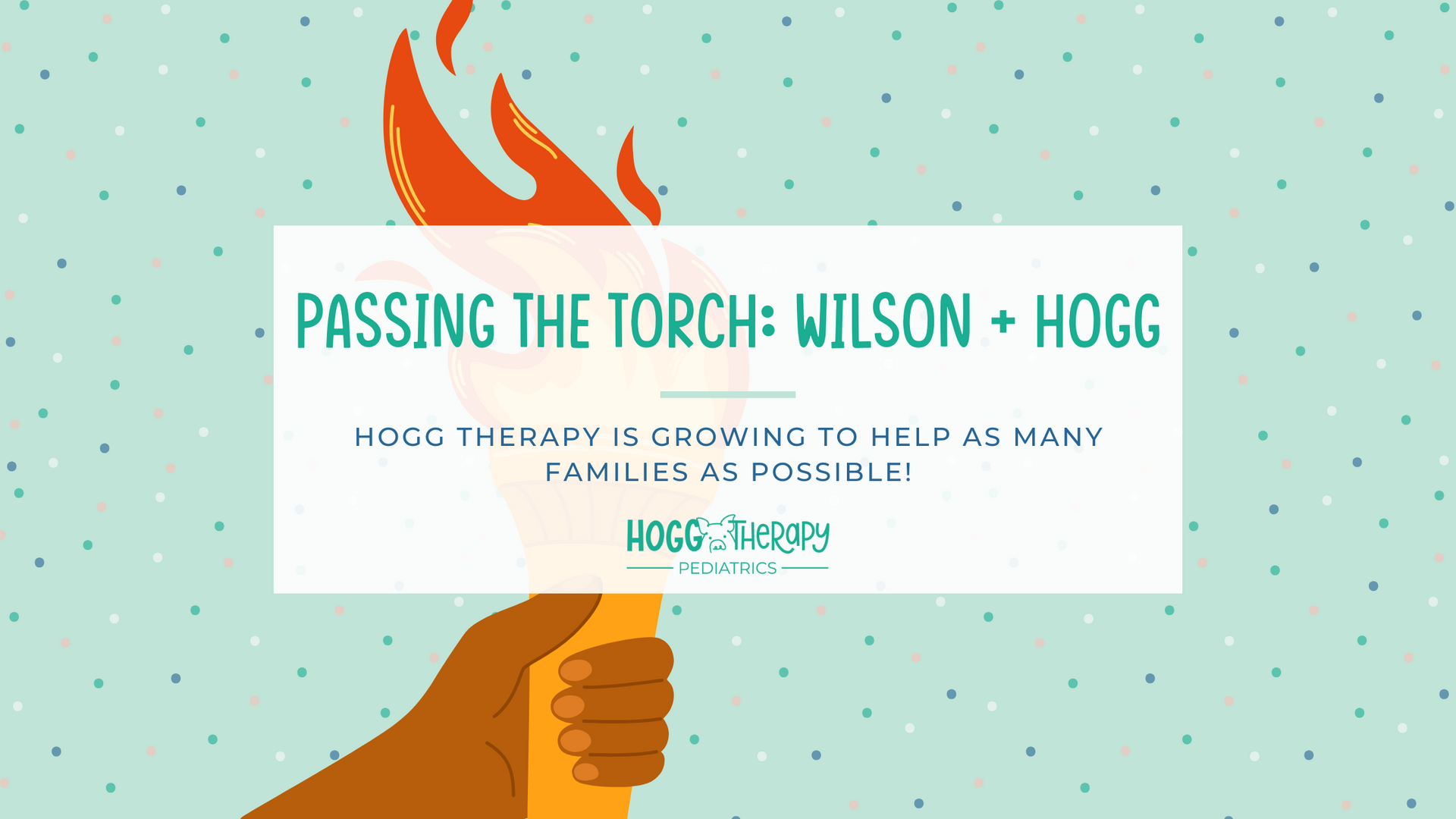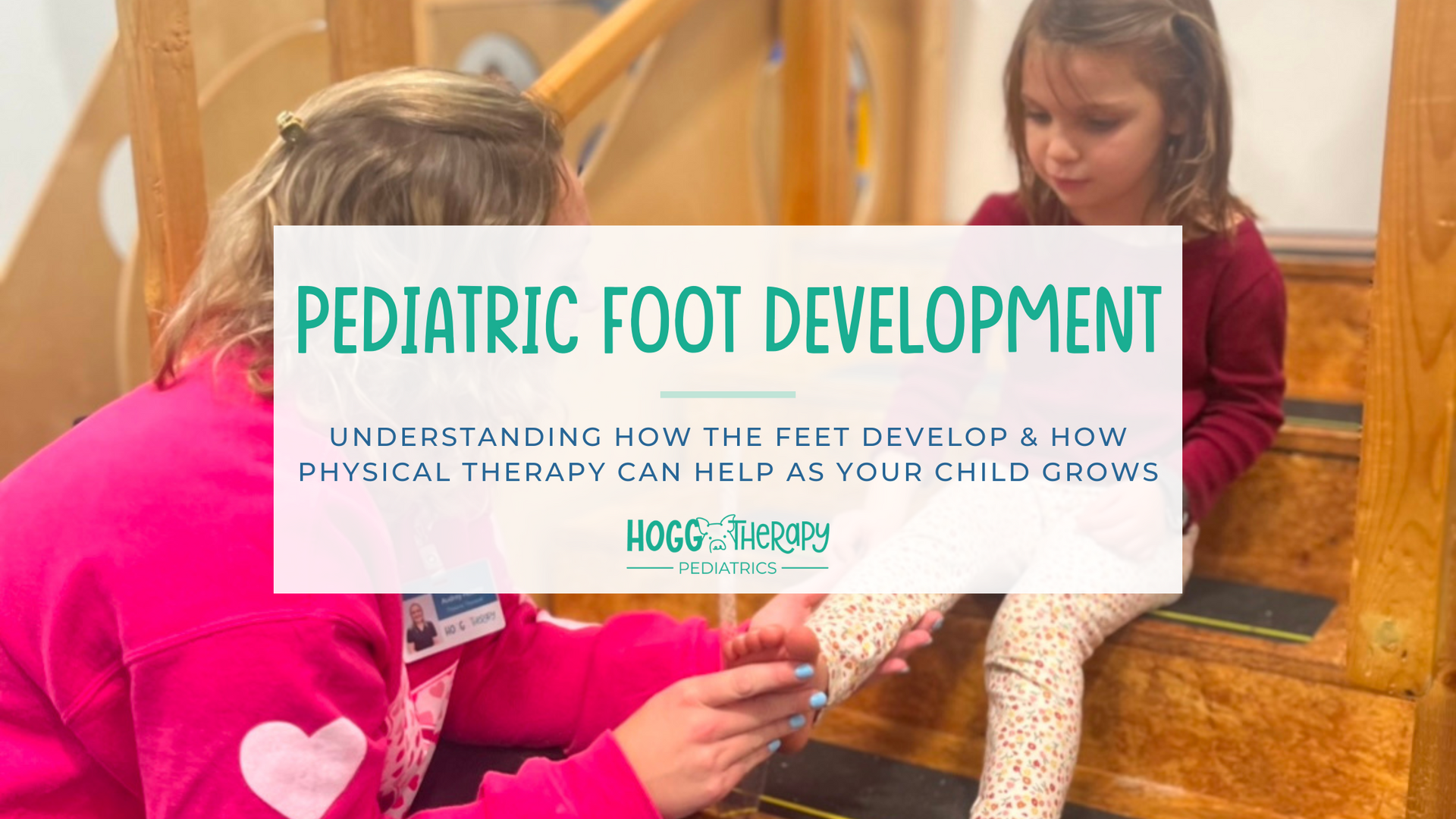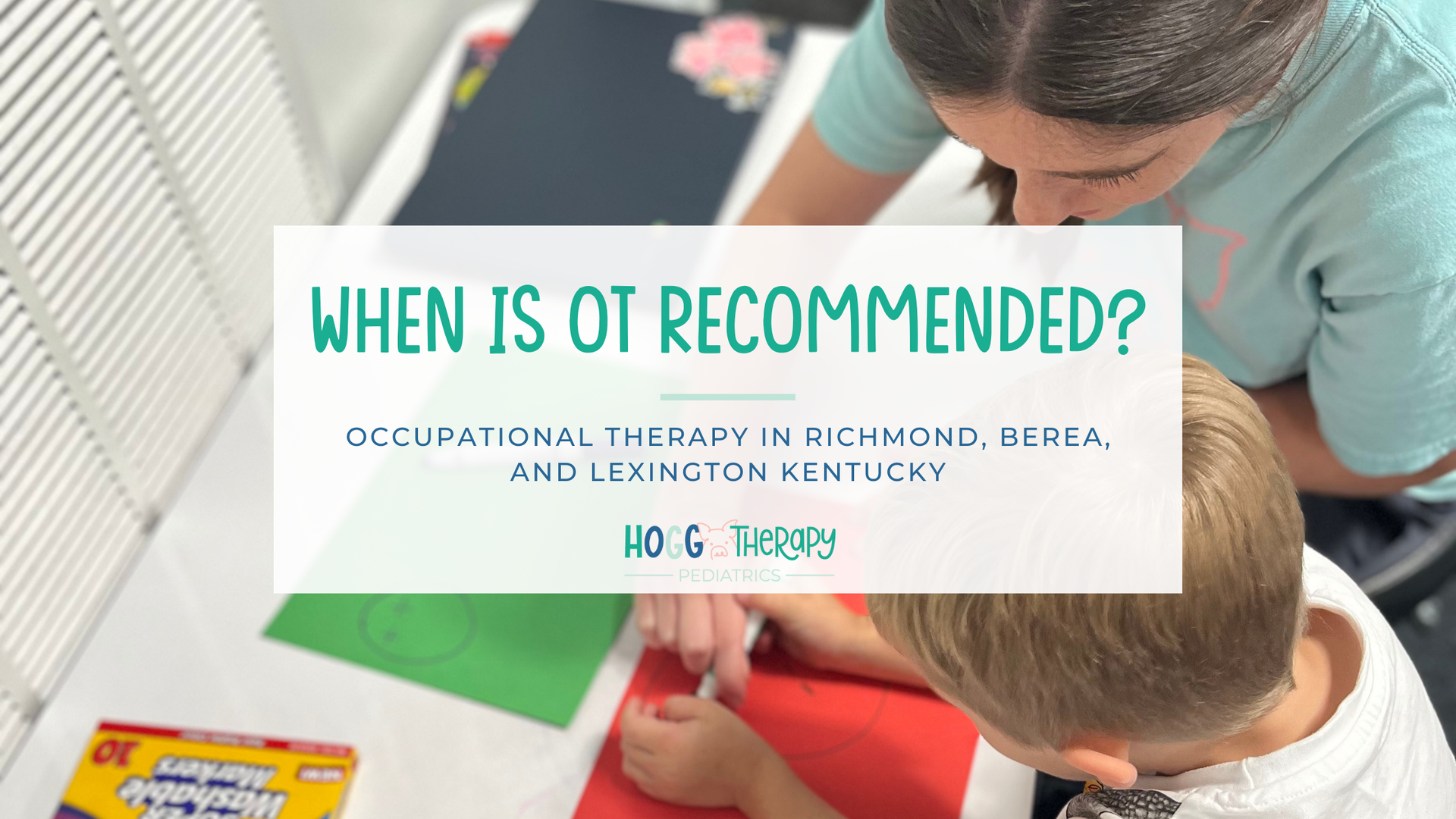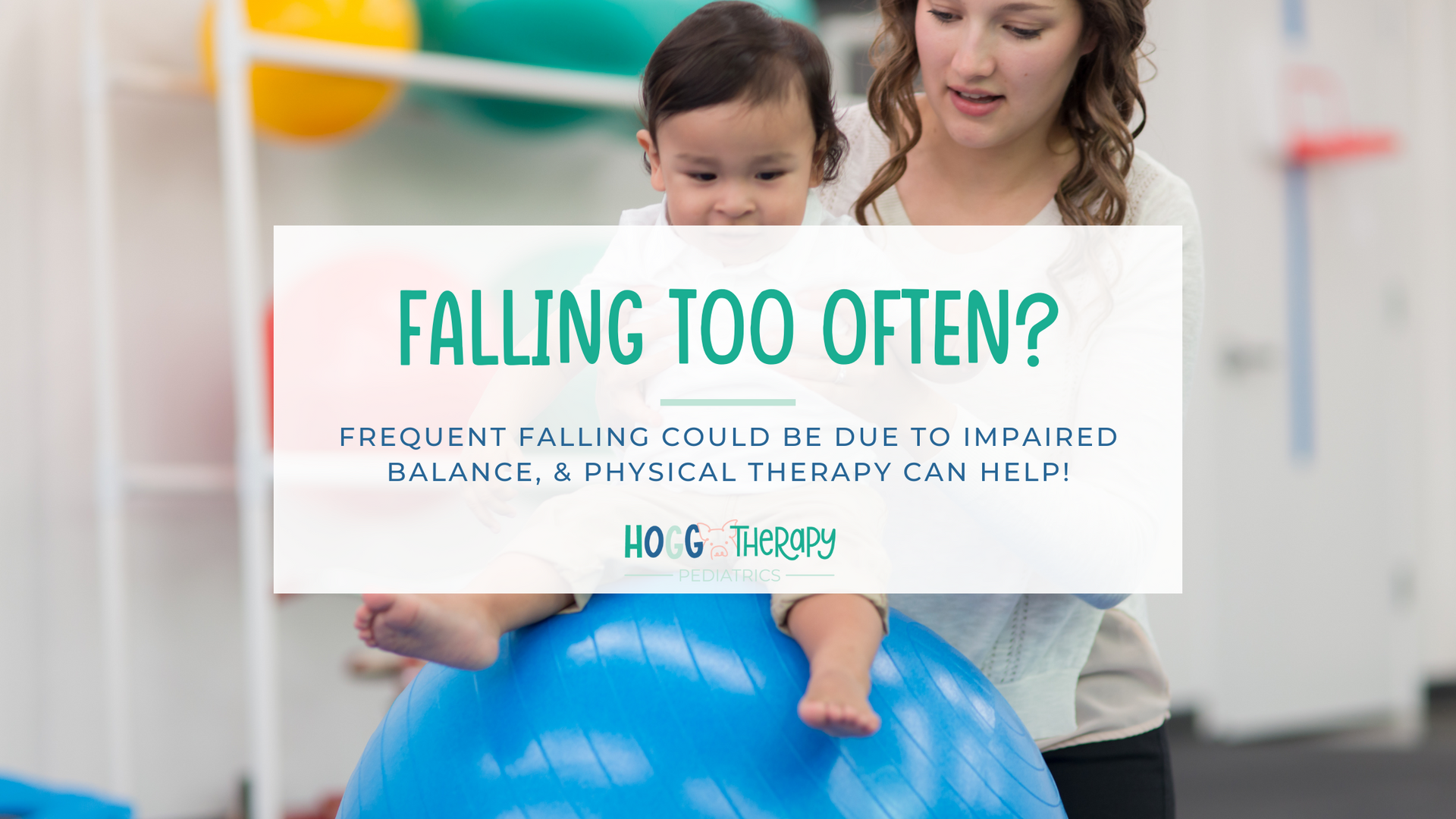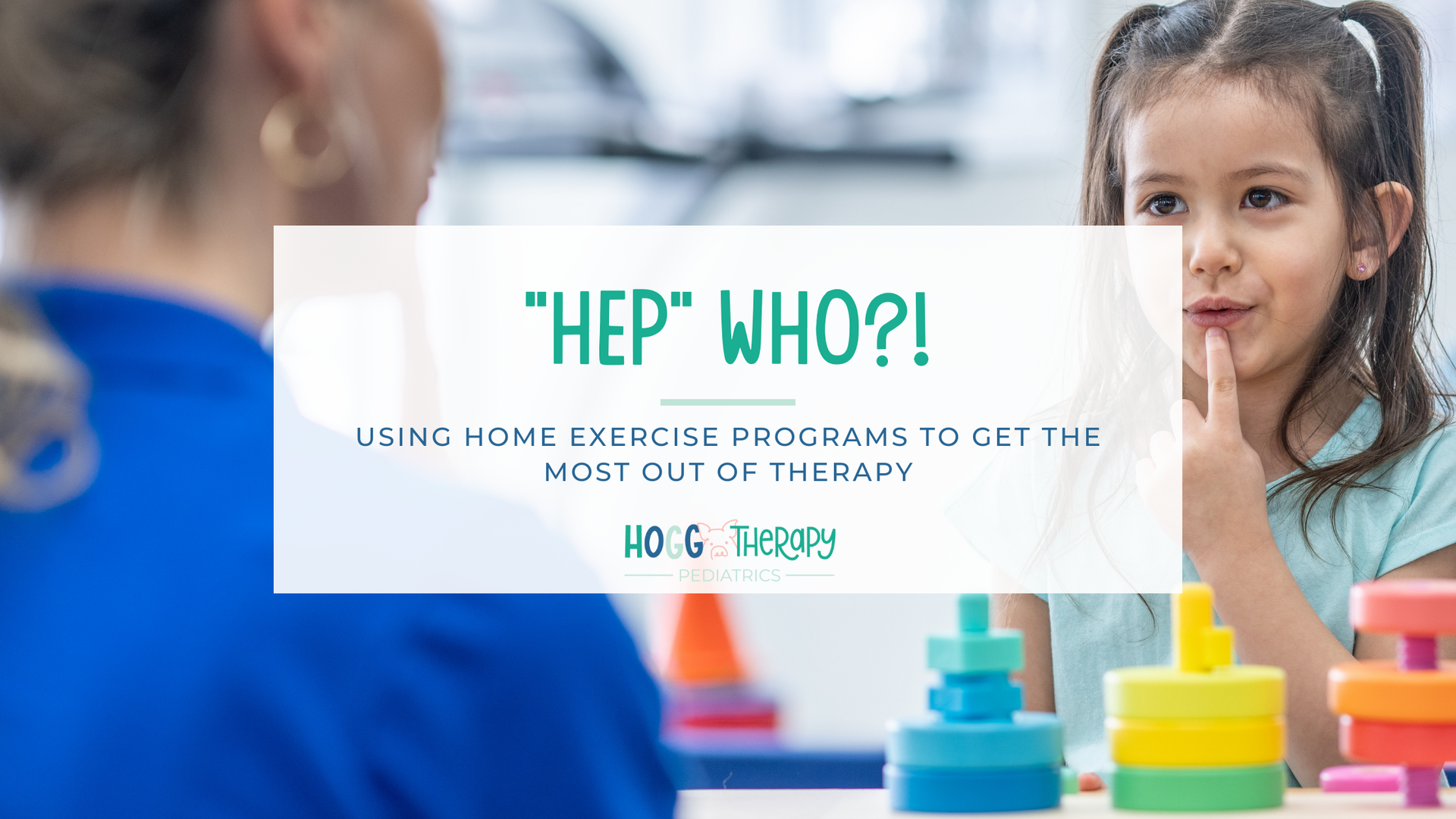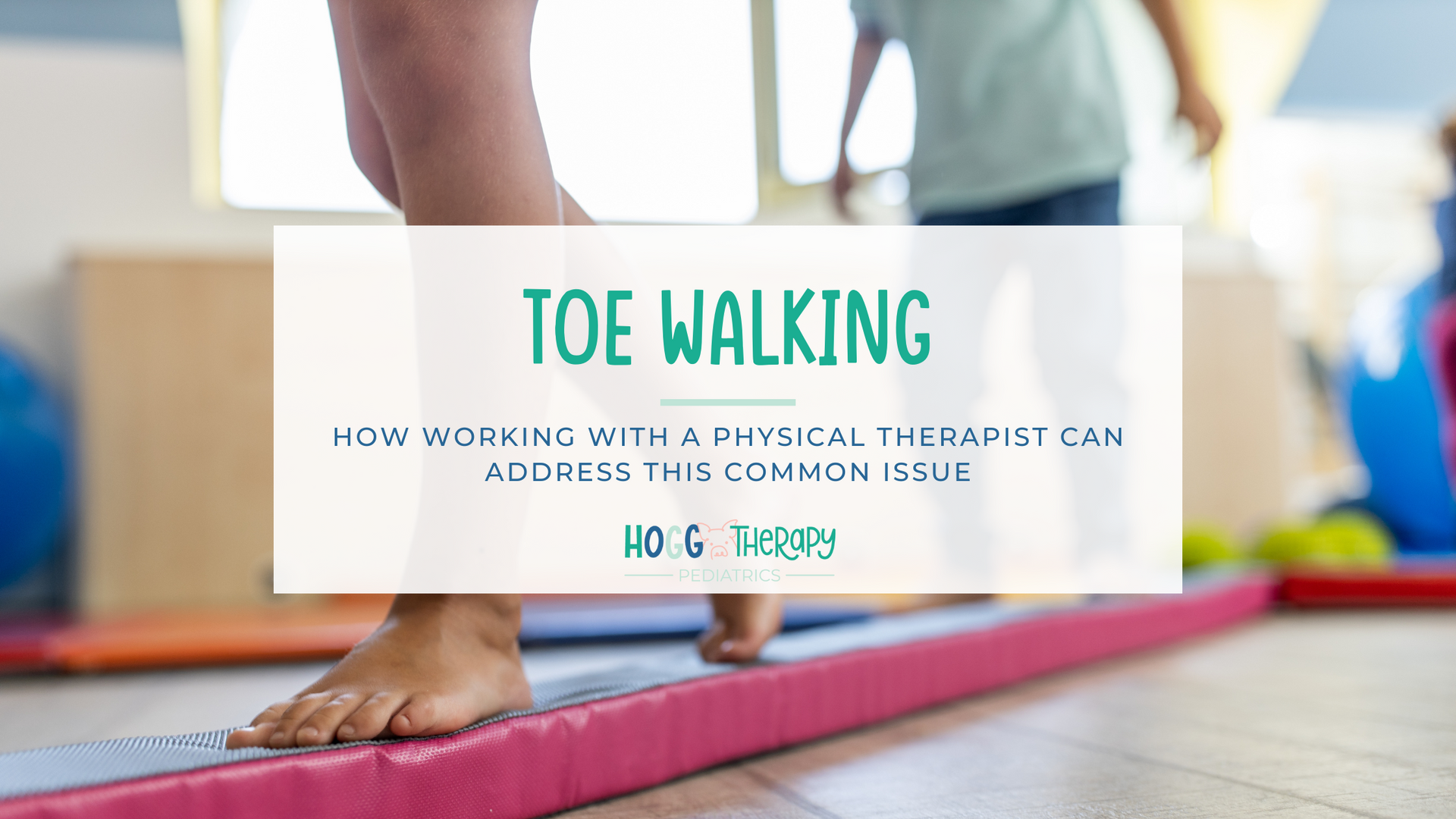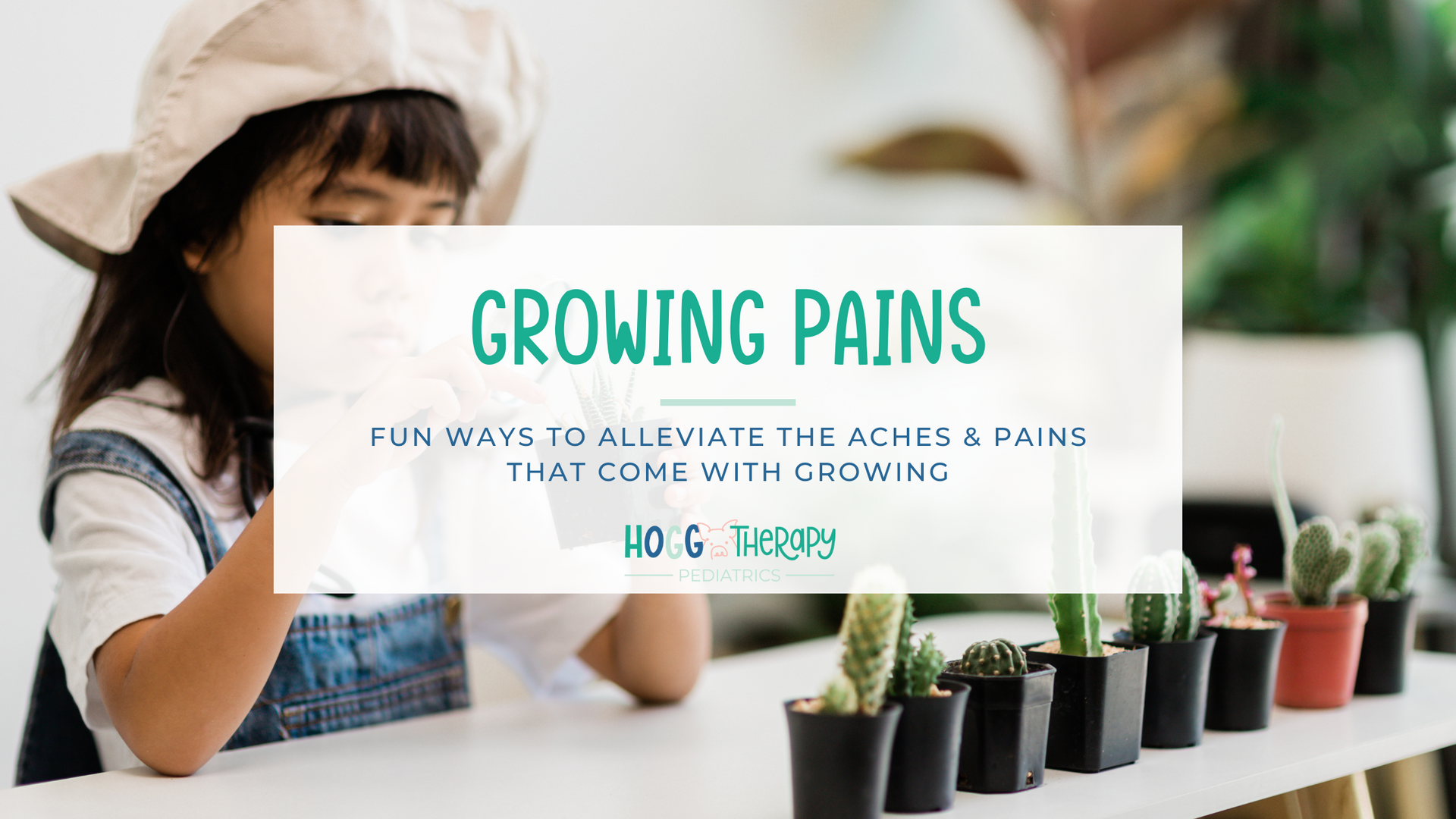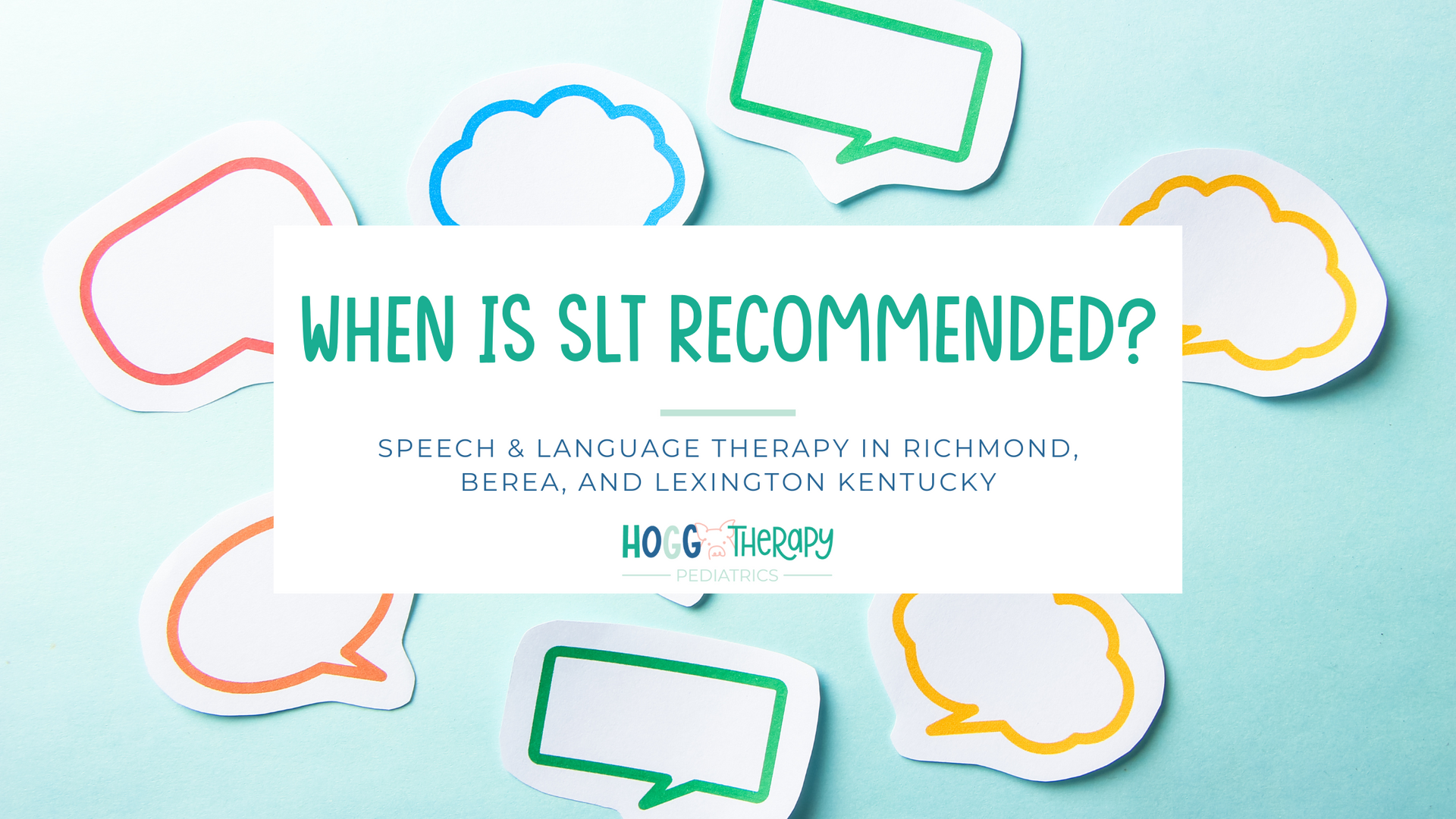Dysphonia & How Pediatric Speech Therapy Can Help
Dysphonia isn’t a word you hear very often. The term describes several difficulties speaking due to a physical condition, including those resulting from other medical conditions like nodules on the vocal cords or acid reflux. When seen in children, dysphonia tends to be present without any clear anatomical or neurological causes. Pediatric speech therapy is a preferred treatment for dysphonia, and the speech-language therapists at Hogg Therapy are here to help your child overcome their vocal obstacles and let their voice be heard.
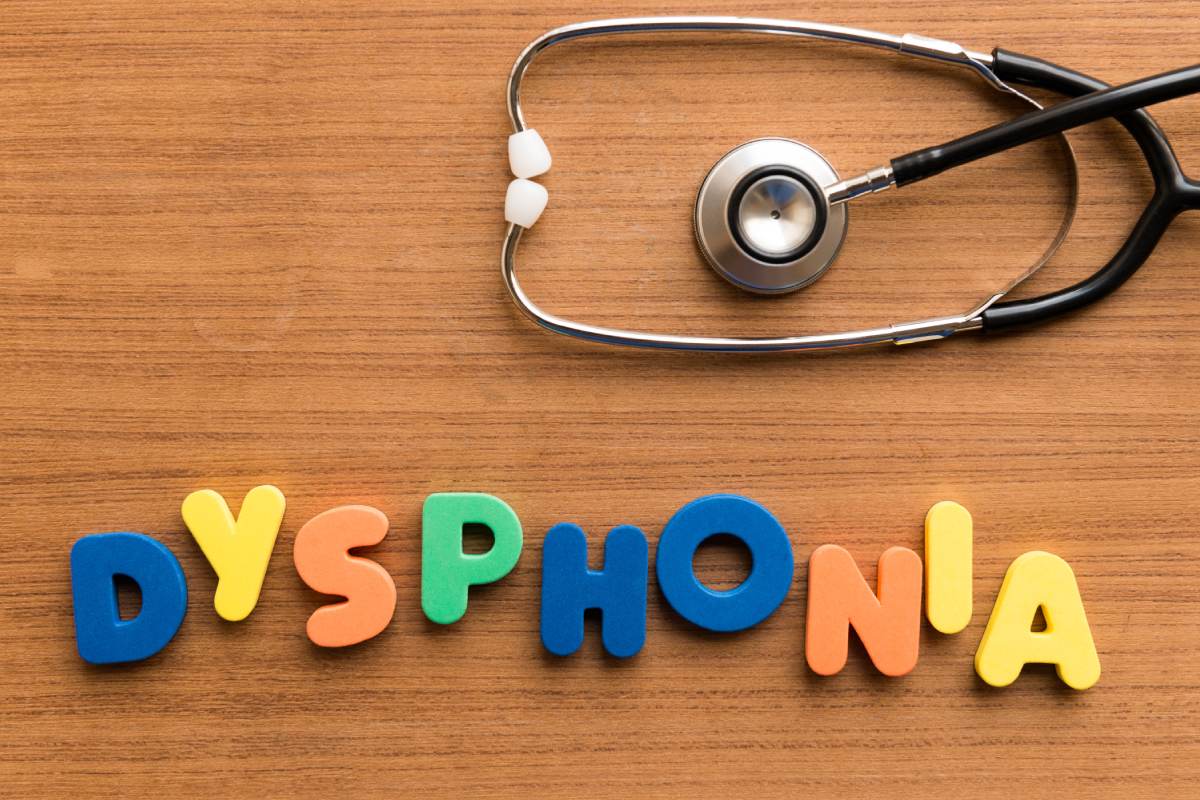
Dysphonia can often go undiagnosed because many parents chalk their child’s voice troubles up to being excited or yelling. Overusing the vocal cords can affect the voice temporarily, but true dysphonia continues well after the normal length of a strained voice. Be on the lookout for the following things if you suspect your child has a voice disorder:
- A raspy or hoarse voice that is not the result of allergies or other illness
- Pain or discomfort while speaking
- Inconsistent pitch and volume of voice
- Quivering or breathy voice
Treating Dysphonia with Pediatric Speech Therapy
Kids learn a lot by modeling the behavior of their peers. If dysphonia affects your child’s ability to communicate successfully with friends and classmates, it’s vital to get speech therapy underway as soon as possible. Dysphonia can negatively impact your child’s socialization and self-esteem when left untreated. Speech-language therapy will assist you and your child with adopting healthy vocal habits and practicing good voice hygiene.
Like all therapies, speech-language therapy will be the most beneficial if you work with your child between sessions. Your child’s pediatric speech therapist will use resonant voice therapy to help your child identify and use their “easy voice.” This means paying attention to the vibrations you feel when you make certain sounds, such as “m” or “v”, and allowing the words to flow freely instead of forcing speech. Tongue twisters and nursery rhymes are both great ways for your child to overcome dysphonia because you must slow down in order to complete the phrases properly.
Healthy Voice Habits
- Staying hydrated is essential for overall health, especially for active kids
- Avoid vocal extremes, including yelling and whispering
- Use non-verbal gestures to get someone’s attention when they are not within earshot
- Recognizing when your voice needs to rest
- Impersonations may be entertaining, but pushing your voice out of its normal range puts unnecessary strain on your vocal cords
Continuing Speech Therapy at Home
You don’t need any special skills or training to help your child reach their goals. Your kids are more likely to participate in speech therapy exercises if they have fun. Set a timer and see who can be the quietest during that period of time. Spend a day playing voice detective; take note of the volume, tone, and speed of people speaking around you. Encourage your child to slow down when they are talking. This not only makes it easier for others to understand what is being said, it also helps to ensure your child is using proper breathing patterns.
Speech Therapy near Richmond, KY
Finding a qualified speech-language therapist doesn’t have to be difficult. The team at Hogg Therapy will work closely with you to create an empowering treatment plan for your child. Send us a message or call us at (859) 353-3666 to schedule an initial appointment.
We have locations in Richmond and Berea, KY, and are happy to serve Winchester, Irvine, McKee, Annville, Mount Vernon, Brodhead, Richmond, Berea, Livingston, and Lexington, KY.
Follow us on instagram!
Berea Location
Berea, KY 40403
Tel:
(859) 353-3666
Fax: (859) 448-7077
Richmond Location
Richmond KY 40475
Tel:
(859) 353-3666
Fax: (859) 448-7077
Website Designed by Creekmore Marketing

